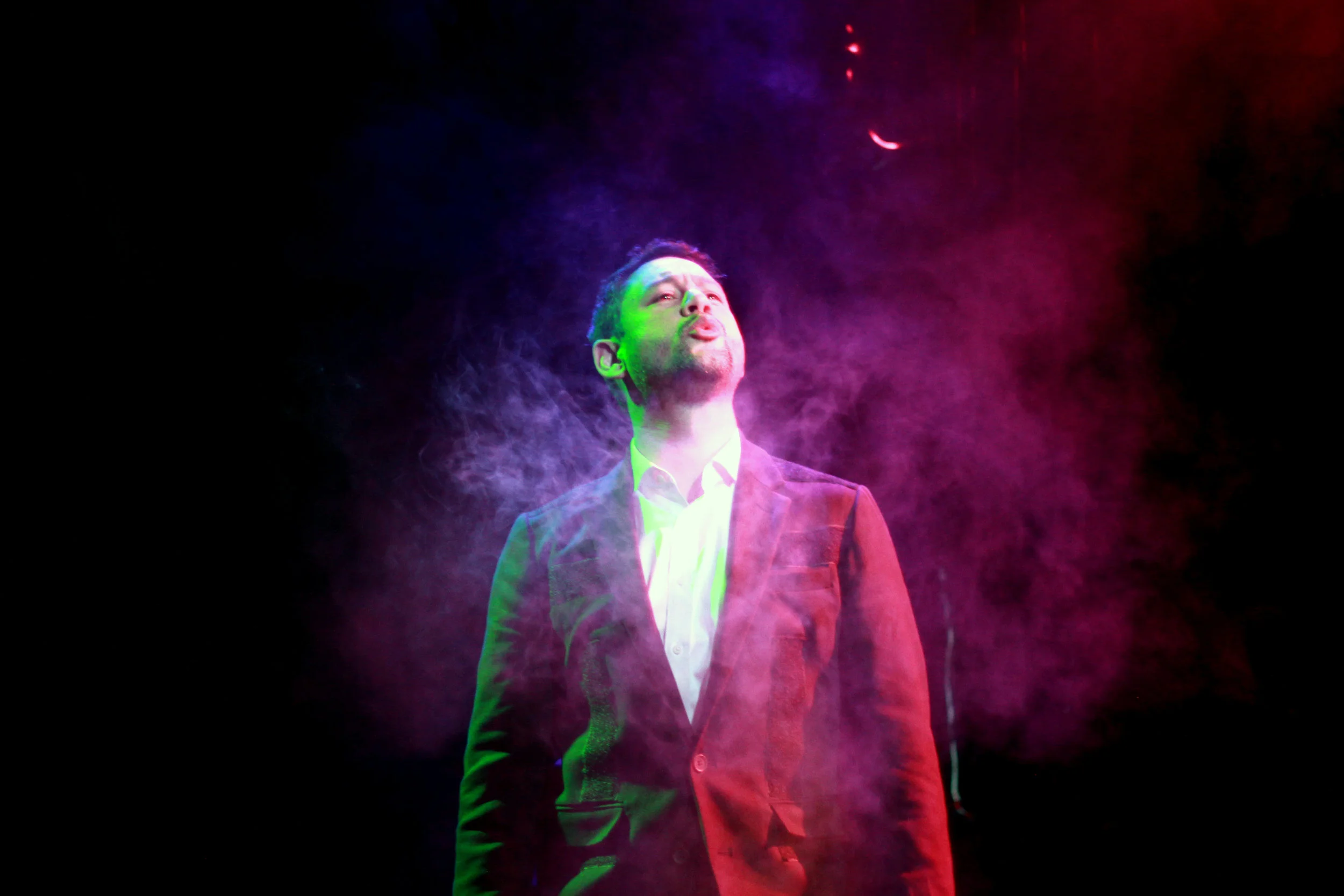Huang was full of opening-night energy as she talked about the play, her nerves about the reactions it might provoke, and broader observations on the state of Asian representation in contemporary culture. And whether, as the play’s tagline asks, it's possible to root yourself back to your roots.
VICE: Hi Chye-Ling. Does Mei’s journey have resonance with your own?
Chye-Ling Huang: Mei is like a villainess version of myself, like an extremely problematic past version of me. Kind of mashed together with extremely problematic people that I encountered at the time. These two factors coming together creates this lovely mash of an extremely flawed character. There’s definitely a large element of truth in the show, in terms of my experience of moving through the world. A more fun, un-woke version of me.
You’ve spoken before about how Pākehā audiences might find this play confronting.
I realised what I’d been doing to mitigate that, and to try and make non-Asian people feel comfortable enough to come to the show. Like, man, I’m doing so much work around this, when has Auckland Theatre Company ever like reached out to me and been like, ‘Hey I know we’re doing a show that’s like a white American classic with like no people of colour in it, but it’s safe for you to come, you’re not going to be attacked and just because there’s no [people of colour] in it doesn’t mean we’re anti-people of colour’? No one has ever done that work for me as an audience member, so why I am trying so hard for white people especially?
It’s not enough for me to just exist as an artist and make work, it’s kind of like I’m constantly reminded of all those other political layers, like who I am as a person, my identity is political. Anything I do is like a ‘move’, as opposed to just existing as an artist.
But in the show Mei is also really flawed?
When people are writing for characters of colour, they want to get it right and they don’t want to offend, so obviously they’re going to be writing these characters that are often kind of like the benchmark of racial awareness and social awareness around race. But that’s so often not the case. When you’re the only person of colour in a room you’re supposed to be that person, and you feel the pressure to carry the flag and be the example for all the white people. But I mean we’re all on our own journeys and 90 percent of the time I have no idea what’s right or wrong, it’s just opinion. There are so many problematic attitudes—heaps of internalised racism and just socialised bullshit that you can’t expect every person of colour to be your spiritual guide in the realm of how to act or think or do in dating, or any aspect of life really. And we don’t get the freedom to be messy and problematic because we’re fighting against so much already that if you’re not there, you’re just fucked. It’s just hard.
Is this work a continuation of your earlier work on Asian sexuality?
Asian Men Talk About Sex presented more questions than it did answers really… It came down to three minutes. We kind of have plans to make more of that project, but definitely a lot of it informed this work.
How so?
Often Asian narratives can get condensed down to one thing or two things, the accepted or the understood narrative that often white people are perpetrating and it’s easy to tell those stories based on tropes and stereotypes. Asian Men Talk About Sex was very much an ensemble piece to try and show the diversity within diversity, so I used the same structure for the play.
Are you aiming to do the same things for Asian women in this play?
I think that’s a part of the play that I don’t actually think about a lot. But it’s inherent in the structure of it. Mei is on a mission to tap'n'gap as many people as possible, but it’s never really part of the discussion of the way she’s going about what she’s doing. She’s using sex as a vessel for her learning, essentially. It’s never really deconstructed, it just is, which I think is quite powerful when you just do something without commenting on how different or how interesting it is. That’s my life, that’s how I operate. I’m very in control of my own sexual life and open about my sexuality so I guess in that way it’s the part of it I question the least. I’m in a polyamourous open relationship. I’m also pansexual so, like, just everything.
Why was it important to have an all-Asian cast?
When I’ve worked with all-Asian casts in the past something happened in that process that I was super mind-blown by. It was like an invisible wall disappeared and we were on the same page. Even though we were all children of diaspora in different ways—a South African Indian guy, a Singaporean dude, a Taiwanese Kiwi and then me, Pākehā-Chinese—all from different levels of assimilation and backgrounds but we all had that diaspora Asian-ness in common and it just made the work so easy to slip into. There’s no sense of apology to anything you’re doing in the room. In this piece, unearthing things around sex and stereotypes and how those exist together, it’s a very personal realm to dive into to confront your own internalised racism around sex and dating and to confront the way people have been treating you. It’s not really what you want to be doing, scanning over the past week how many sexualised comments have been thrown at me because of my Asian-ness, or not, vice versa, with men—how many dates I got turned down for because I’m Asian. It just makes it a safer space to have an all-Asian cast and I knew that if we had a white person in the room it would be hard for them and it’d be hard for us.
Much has been made of Crazy Rich Asians as a turning point in Asian representation in popular culture. Does it feel like that?
Over the past five years running Proudly Asian Theatre I’ve definitely seen a rise in Asian works that weren’t just me. When I came out into the industry, honestly I could look at the New Zealand works that were on display and just see nothing. There was just nothing that wasn’t problematic. Since then I’ve definitely seen a rise, and it’s definitely our generation. No one is changing at the top level. I do think it is getting better but I don’t think it’s happening as fast as maybe Crazy Rich Asians is suggesting.
Would the next step be casting more Asians in roles where their Asian-ness isn’t necessarily the point of their inclusion?
I live in a Facebook bubble, you know. Like everyone I’m friends with are liberal arts people and then I just see on my timeline popping up another web series with an all-white cast, another web series with an all-white cast, another theatre show with an all-white cast. If you know me, why does this not matter to you? You’re the right demographic to care about this right now, but outside of that, personally, you know me. And you know that I have a database of like hundreds of Asian people waiting for these opportunities. Like, where are you? It’s so gutting. That’s another big veil-lift moment. Just because white people are your friends, it doesn’t mean they care or they get it or that they are true allies in the sense that what they do matters. I just want to shake all my white friends, like do better: you know me, and you have no excuse.
And finally, is it possible to root yourself back to your roots?
I don’t know. It’s a really funny question that I’ve never considered seriously until now. Um, I would say no. I would say no, but it might help.
Orientation, the third work in Q Theatre's MATCHBOX 2018 season, opens tonight at Q's Loft and runs until September 15.
This interview has been edited for clarity and length.





